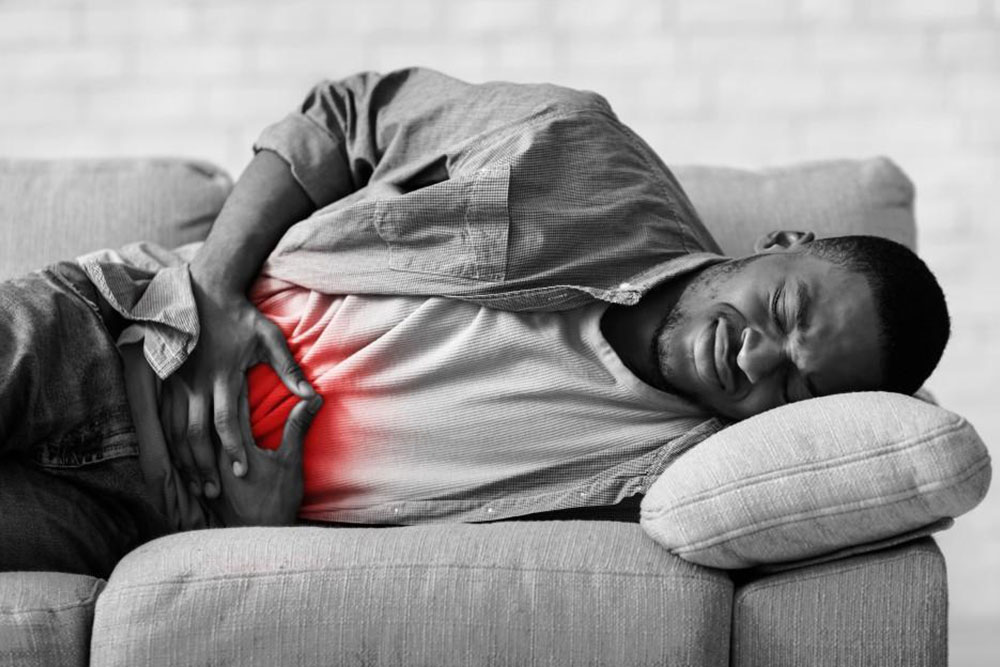Expert Treatment for Hepatic Encephalopathy by Dr. Bharat Pothuri
Dr. Pothuri uses a step-by-step approach:
Medical History and Physical Exam
He reviews your symptoms (confusion, mood changes, tremors, sleepiness), past liver disease or alcohol use, medications, and other risk factors.
Blood Tests
We check ammonia levels, liver function tests (AST, ALT, bilirubin), electrolytes and look for nutritional or chemical imbalances.
Imaging Studies
- Brain CT or MRI to rule out stroke, bleeding or other neurological causes.
- Abdominal ultrasound or CT scan to evaluate cirrhosis, portal hypertension and structural liver changes.
Neurocognitive Testing & Additional Evaluations
Simple thinking and memory tests gauge the severity of encephalopathy. An endoscopy may be performed to check for GI bleeding. For documentation and billing, ICD-10 code K72.90 is applied.
Frequently Asked Questions
What is the ICD-10 code for this condition?
The ICD-10 code for hepatic encephalopathy is K72.90.
How long does lactulose take to work?
Many people start feeling better in one to two days.
Can this condition be reversed?
Yes. With proper care and lifestyle changes, symptoms can go away.
Do I have to stay in the hospital?
Not always. Mild cases can be treated at home. More serious cases may need short hospital stays.
Do you offer diet plans?
Yes. We help patients follow liver-friendly meal plans.
Can alcohol cause this problem?
Yes. Alcohol is a major cause of liver damage and can lead to this condition.
How often should I see the doctor?
In the beginning, visits may be once a month. After improvement, visits are usually every few months.












